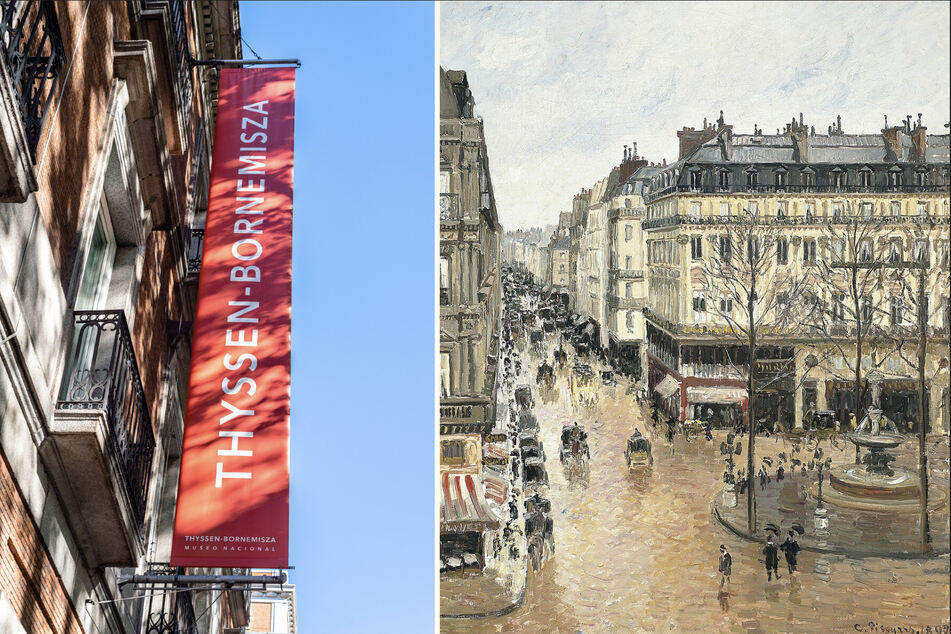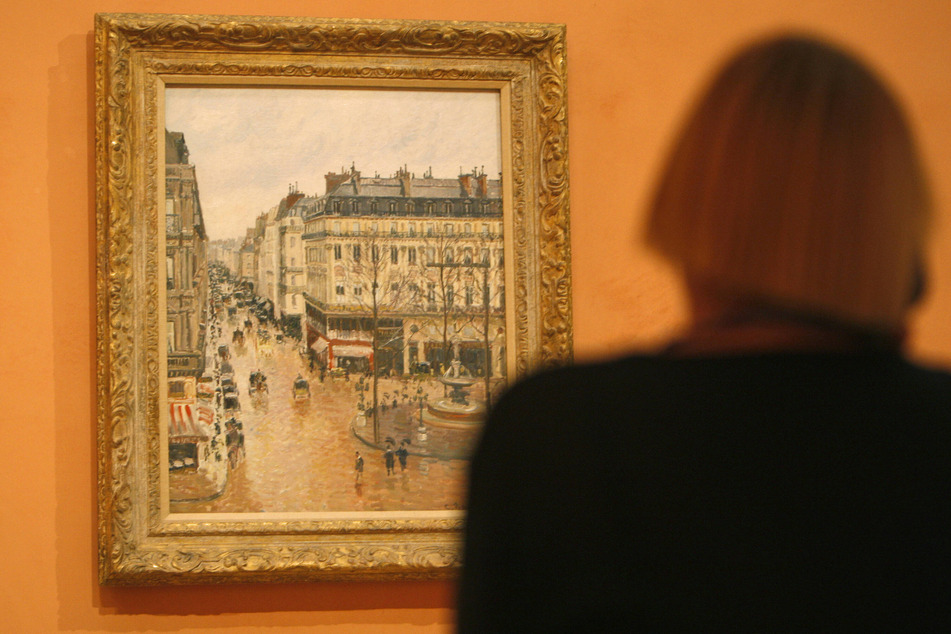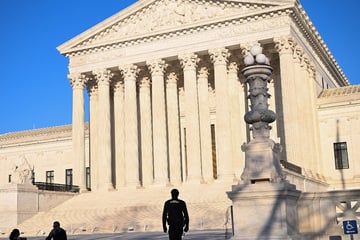US appeals court rejects Jewish family's claim to painting in Nazi looting case
Los Angeles, California - A decades-long court battle over a famous painting that was looted from a Jewish family by the Nazis at the dawn of World War II took a devastating turn for the family on Tuesday, when a federal appellate court in the US rejected their plea for the artwork's return.

The court's decision means the painting – "Rue Saint-Honoré in the Afternoon. Effect of Rain," by Camille Pissarro – will remain in the possession of the Thyssen-Bornemisza Collection, a museum owned by the Spanish government, rather than be returned to the descendants of Lilly Cassirer, a Jewish woman who was forced to hand the painting over to the Nazis in exchange for her freedom from Germany in 1939.
The ruling was a shock to the family and their lawyers, who had anticipated the painting's long-awaited return after a unanimous – albeit legally narrow – decision in their favor by the US Supreme Court in 2022.
Instead, the appellate court ruled in favor of the Thyssen-Bornemisza Collection, which it found had gained "prescriptive title" to the painting when it purchased it and a trove of other precious artworks in 1993 from Baron Hans Heinrich von Thyssen-Bornemisza, a Swiss art collector and the heir to a vast German steel empire.
David Cassirer (69), the lead plaintiff in the case and Lilly Cassirer's great-grandson, deferred comment to his family's longtime attorney, Sam Dubbin, who told The LA Times they were "surprised and disappointed by the decision."
Dubbin said they will ask for reconsideration by a larger, 11-judge en banc panel.
Jewish family seeks return of valuable stolen painting

In a statement, Dubbin and the family's other attorneys said Tuesday's decision "fails to explain how Spain has any interest in applying its laws to launder ownership of the spoils of war, a practice outlawed in the Hague Convention of 1907, and a series of other international agreements joined by Spain for over a century."
The lawyers said the ruling does not address "how a national museum owned by the Spanish government justifies holding onto a painting that it knows was looted by the Nazis from a Jewish family in the Holocaust."
The museum's attorneys, in their own statement, praised the court's decision, calling it "a welcome conclusion to this case."
The painting – of a Paris street scene in 1897 and 1898 and estimated to be worth tens of millions of dollars today – had hung in Lilly Cassirer's Berlin apartment when the Nazis took power. After it was stolen, it was brought to the United States illegally and sold by a Beverly Hills gallery in 1951 before the baron purchased it from a New York gallery in 1976. The museum said it legally acquired the painting in the 1993 purchase.
The Cassirer family had considered the painting lost until Claude Cassirer – Lilly's grandson and David's father, who has since died – discovered in 2000 that it was part of the Thyssen-Bornemisza Collection.
The family filed its lawsuit seeking the painting's return in a federal court in Los Angeles in 2005.
Cover photo: IMAGO / Newscom / El Pais

